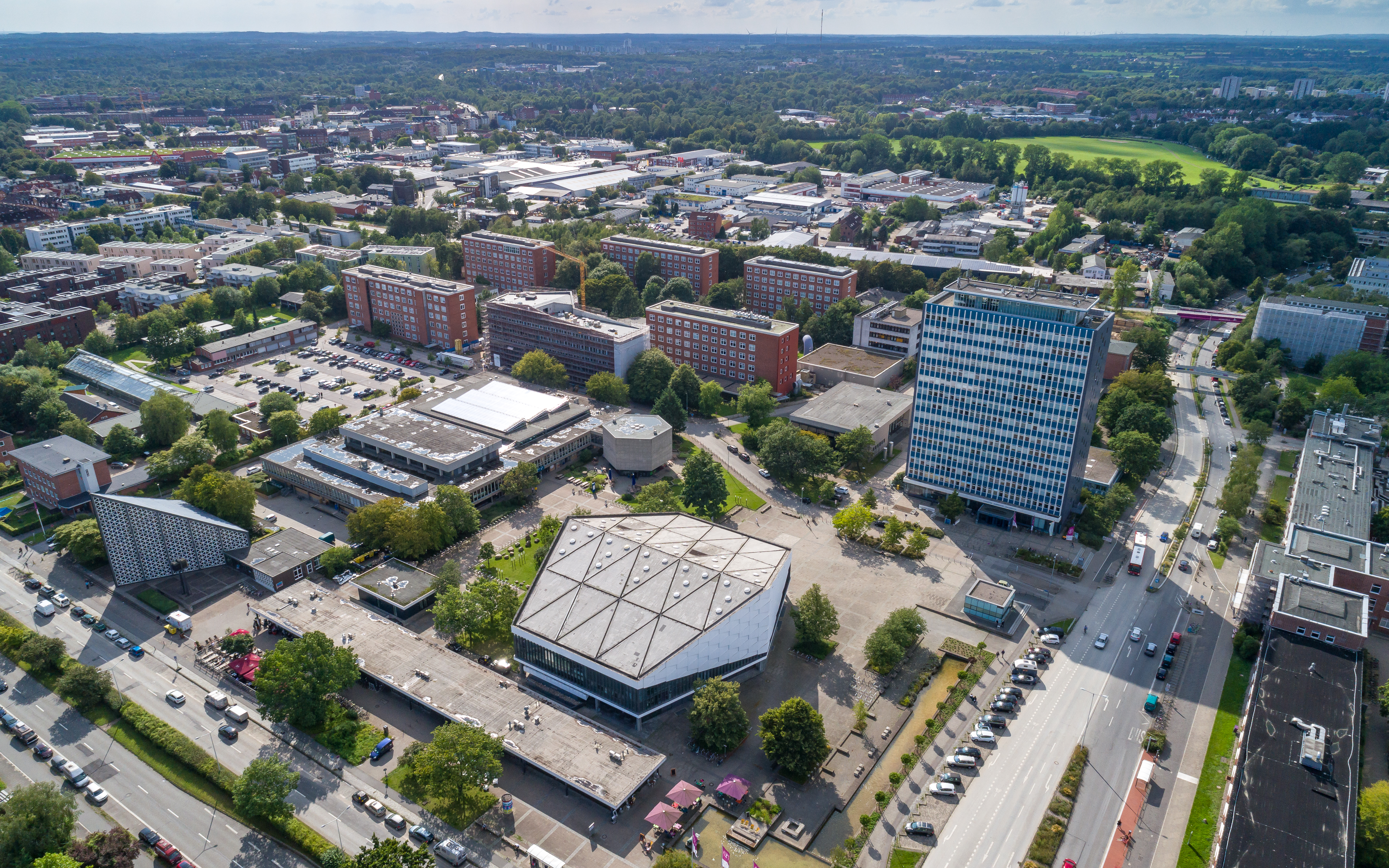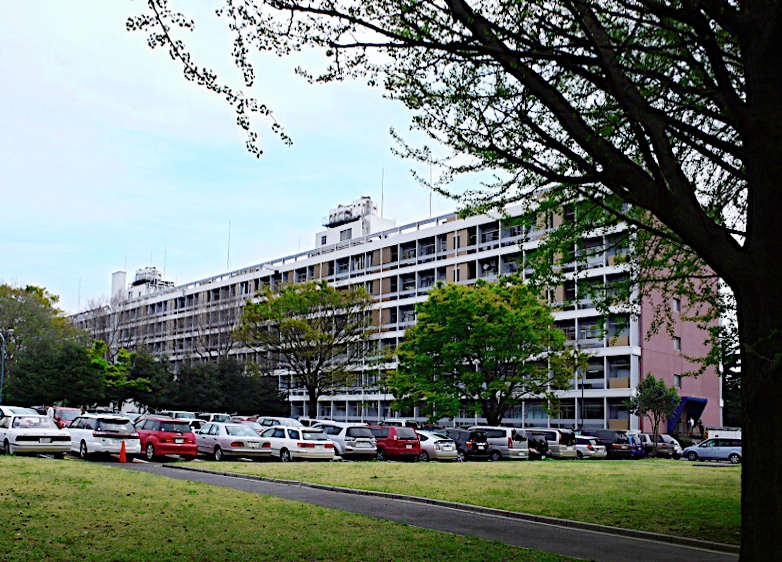|
Maki Kawai
is a Japanese chemist who developed spatially selective single-molecule spectroscopy. In 2018, she became the first woman to become president of the Chemical Society of Japan. Early life and education Kawai earned her bachelor's degree at the University of Tokyo in 1975. She completed her doctoral studies at the University of Tokyo in 1980. Her PhD was supervised by Kenji Tamaru. Research and career Kawai was a postdoctoral researcher at Riken between 1980 and 1982. She joined the University of Tokyo as a Japan Society for the Promotion of Science fellow in 1982. Her research considers the vibrational dynamics of single-molecules at surfaces. Her group use STM to monitor molecules and atoms on top of surfaces. She uses this to understand the chemical and physical phenomena of nanowires, nanodots and biomolecules. She was awarded fellowships from the ''Surface Science Society of Japan'' and American Physical Society to develop single molecule spectroscopy. Her group monitor the ... [...More Info...] [...Related Items...] OR: [Wikipedia] [Google] [Baidu] |
University Of Tokyo
The University of Tokyo (, abbreviated as in Japanese and UTokyo in English) is a public research university in Bunkyō, Tokyo, Japan. Founded in 1877 as the nation's first modern university by the merger of several pre-westernisation era institutions, its direct precursors include the '' Tenmongata'', founded in 1684, and the Shōheizaka Institute. Although established under its current name, the university was renamed in 1886 and was further retitled to distinguish it from other Imperial Universities established later. It served under this name until the official dissolution of the Empire of Japan in 1947, when it reverted to its original name. Today, the university consists of 10 faculties, 15 graduate schools, and 11 affiliated research institutes. As of 2023, it has a total of 13,974 undergraduate students and 14,258 graduate students. The majority of the university's educational and research facilities are concentrated within its three main Tokyo campuses: Hongō, ... [...More Info...] [...Related Items...] OR: [Wikipedia] [Google] [Baidu] |
Kiel University
Kiel University, officially the Christian Albrecht University of Kiel, (, abbreviated CAU, known informally as Christiana Albertina) is a public University, public research university in the city of Kiel, Germany. It was founded in 1665 as the ''Academia Holsatorum Chiloniensis'' by Christian Albert, Duke of Holstein-Gottorp and has approximately 27,000 students today. It is the largest, oldest, and most prestigious university in the state of Schleswig-Holstein. Until 1866, it was not only the northernmost university in Germany but at the same time the 2nd largest university of Denmark. Faculty, alumni, and researchers of Kiel University have won 12 Nobel Prizes. Kiel University has been a member of the German Universities Excellence Initiative since 2006. The Cluster of Excellence The Future Ocean, which was established in cooperation with the GEOMAR Helmholtz Centre for Ocean Research Kiel in 2006, is internationally recognized. The second Cluster of Excellence "Inflammation a ... [...More Info...] [...Related Items...] OR: [Wikipedia] [Google] [Baidu] |
Persons Of Cultural Merit
A person (: people or persons, depending on context) is a being who has certain capacities or attributes such as reason, morality, consciousness or self-consciousness, and being a part of a culturally established form of social relations such as kinship, ownership of property, or legal responsibility. The defining features of ''personhood'' and, consequently, what makes a person count as a person, differ widely among cultures and contexts. In addition to the question of personhood, of what makes a being count as a person to begin with, there are further questions about ''personal identity'' and ''self'': both about what makes any particular person that particular person instead of another, and about what makes a person at one time the same person as they were or will be at another time despite any intervening changes. The plural form "people" is often used to refer to an entire nation or ethnic group (as in "a people"), and this was the original meaning of the word; it subseque ... [...More Info...] [...Related Items...] OR: [Wikipedia] [Google] [Baidu] |
Riken Personnel
is a national scientific research institute in Japan. Founded in 1917, it now has about 3,000 scientists on seven campuses across Japan, including the main site at Wakō, Saitama Prefecture, on the outskirts of Tokyo. Riken is a Designated National Research and Development Institute, and was formerly an Independent Administrative Institution. Riken conducts research in various fields of science, including physics, chemistry, biology, genomics, medical science, engineering, high-performance computing and computational science, and ranging from basic research to practical applications with 485 partners worldwide. It is almost entirely funded by the Japanese government, with an annual budget of ¥100 billion (US$750 million) in FY2023. Name "Riken" is an acronym of the formal name , and its full name in Japanese is and in English is the Institute of Physical and Chemical Research. History In 1913, the well-known scientist Jokichi Takamine first proposed the establishment of ... [...More Info...] [...Related Items...] OR: [Wikipedia] [Google] [Baidu] |
Academic Staff Of The University Of Tokyo
An academy (Attic Greek: Ἀκαδήμεια; Koine Greek Ἀκαδημία) is an institution of tertiary education. The name traces back to Plato's school of philosophy, founded approximately 386 BC at Akademia, a sanctuary of Athena, the goddess of wisdom and skill, north of Athens, Greece. The Royal Spanish Academy defines academy as scientific, literary or artistic society established with public authority and as a teaching establishment, public or private, of a professional, artistic, technical or simply practical nature. Etymology The word comes from the ''Academy'' in ancient Greece, which derives from the Athenian hero, ''Akademos''. Outside the city walls of Athens, the gymnasium was made famous by Plato as a center of learning. The sacred space, dedicated to the goddess of wisdom, Athena, had formerly been an olive grove, hence the expression "the groves of Academe". In these gardens, the philosopher Plato conversed with followers. Plato developed his sessions ... [...More Info...] [...Related Items...] OR: [Wikipedia] [Google] [Baidu] |
University Of Tokyo Alumni
A university () is an educational institution, institution of tertiary education and research which awards academic degrees in several Discipline (academia), academic disciplines. ''University'' is derived from the Latin phrase , which roughly means "community of teachers and scholars". Universities typically offer both undergraduate education, undergraduate and postgraduate education, postgraduate programs. The first universities in Europe were established by Catholic Church, Catholic monks. The University of Bologna (), Italy, which was founded in 1088, is the first university in the sense of: *being a high degree-awarding institute. *using the word (which was coined at its foundation). *having independence from the ecclesiastic schools and issuing secular as well as non-secular degrees (with teaching conducted by both clergy and non-clergy): grammar, rhetoric, logic, theology, canon law and notarial law.Hunt Janin: "The university in medieval life, 1179–1499", McFarland, 2 ... [...More Info...] [...Related Items...] OR: [Wikipedia] [Google] [Baidu] |
Japanese Women Chemists
Japanese may refer to: * Something from or related to Japan, an island country in East Asia * Japanese language, spoken mainly in Japan * Japanese people, the ethnic group that identifies with Japan through ancestry or culture ** Japanese diaspora, Japanese emigrants and their descendants around the world * Japanese citizens, nationals of Japan under Japanese nationality law ** Foreign-born Japanese, naturalized citizens of Japan * Japanese writing system, consisting of kanji and kana * Japanese cuisine, the food and food culture of Japan See also * List of Japanese people * * Japonica (other) * Japanese studies , sometimes known as Japanology in Europe, is a sub-field of area studies or East Asian studies involved in social sciences and humanities research on Japan. It incorporates fields such as the study of Japanese language, history, culture, litera ... {{disambiguation Language and nationality disambiguation pages ... [...More Info...] [...Related Items...] OR: [Wikipedia] [Google] [Baidu] |
Living People
Purpose: Because living persons may suffer personal harm from inappropriate information, we should watch their articles carefully. By adding an article to this category, it marks them with a notice about sources whenever someone tries to edit them, to remind them of WP:BLP (biographies of living persons) policy that these articles must maintain a neutral point of view, maintain factual accuracy, and be properly sourced. Recent changes to these articles are listed on Special:RecentChangesLinked/Living people. Organization: This category should not be sub-categorized. Entries are generally sorted by family name In many societies, a surname, family name, or last name is the mostly hereditary portion of one's personal name that indicates one's family. It is typically combined with a given name to form the full name of a person, although several give .... Maintenance: Individuals of advanced age (over 90), for whom there has been no new documentation in the last ten ... [...More Info...] [...Related Items...] OR: [Wikipedia] [Google] [Baidu] |
Max Planck Society
The Max Planck Society for the Advancement of Science (; abbreviated MPG) is a formally independent non-governmental and non-profit association of German research institutes. Founded in 1911 as the Kaiser Wilhelm Society, it was renamed to the Max Planck Society in 1948 in honor of its former president, theoretical physicist Max Planck. The society is funded by the federal and state governments of Germany. Mission According to its primary goal, the Max Planck Society supports basic research, fundamental research in the natural science, natural, life science, life and social science, social sciences, the arts and humanities in its 84 (as of January 2024) institutes and research facilities. , the society has a total staff of 24,655 permanent employees, including 6,688 contractually employed scientists, 3,444 doctoral candidates, and 3,203 guest scientists. 44.9% of all employees are female and 57.2% of the scientists are foreign nationals. The society's budget for 2023 was about � ... [...More Info...] [...Related Items...] OR: [Wikipedia] [Google] [Baidu] |






